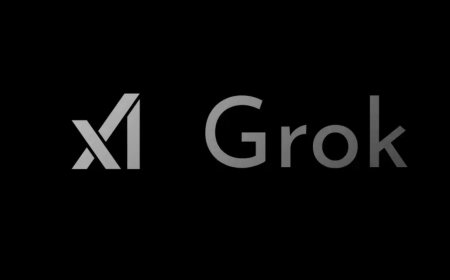Starlink Sparks Security Stir in White House

Washington, D.C. — Once close allies, tensions between Elon Musk and the Trump administration have escalated into public spats, culminating in growing concerns over national security. A recent report by The Washington Post reveals that Starlink, Elon Musk’s satellite-based internet service, may pose a security risk to the White House’s internal communication systems.
Citing unnamed officials from within the administration, the report claims that due to Musk's previously warm relationship with President Donald Trump, cybersecurity concerns surrounding Starlink were not adequately considered when the service was installed at the White House.
According to three individuals familiar with the matter—who chose to remain anonymous due to the sensitivity of the topic—representatives of the Department of Government Efficiency (DoGE), a newly established agency led by Musk, installed a Starlink terminal in February on the roof of the Eisenhower Executive Office Building, adjacent to the White House. Crucially, this installation was allegedly done without prior notification to the officials responsible for White House communications infrastructure.
The report further suggests that the communication team lacks the capability to counter risks that arise from such external connections, especially those that may allow sensitive information to be transmitted without tracking or detection.
After his election victory, Trump created a dedicated office for Musk called the Department of Government Efficiency, tasked with reducing unnecessary government spending. It remains unclear whether the Starlink terminal remains active or if it will be removed now that Musk has distanced himself from the administration.
An alarming revelation from one of the officials stated that, as recently as last week, a Wi-Fi network labeled “Starlink Guest” was still detectable within the White House premises. The network reportedly only required a password to connect, without additional layers of authentication.
The White House redirected media inquiries to the U.S. Secret Service, which declined to comment on the specifics. “We were aware that DoGE intended to improve internet connectivity within the White House complex, and we did not consider it a security threat,” said Secret Service spokesperson Anthony Guglielmi.
Typically, guests connecting to the White House's guest Wi-Fi are required to use both a name and password, with access credentials expiring after one week. However, the concern lies in the fact that Starlink operates independently of existing IT safeguards.
One of the anonymous officials remarked, “Staff computers are under strict security programs, and any communication with the outside world is closely monitored. But Starlink doesn’t require any of that. It allows data to be sent without a record or tracking capability.”
Another added, “The White House’s IT systems are tightly controlled. Devices must operate entirely within a VPN tunnel. Without VPN, no White House device connects to external internet sources.”
“Starlink’s setup does not prevent devices from accessing outside networks. In fact, it may help bypass existing security protocols,” the third official warned.
Although The Washington Post reached out to Starlink for comment, the company did not respond. Previously, Starlink has claimed its satellite-based connections are comparatively difficult to hack. Still, the internet is abuzz with speculation — is this a groundbreaking innovation or a new avenue for espionage? Some now ask bluntly: by installing a Starlink dish on the White House roof, is Elon Musk eavesdropping?








































































































































































































